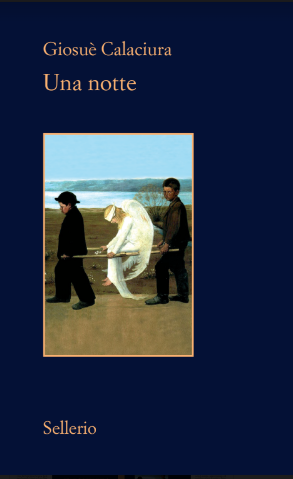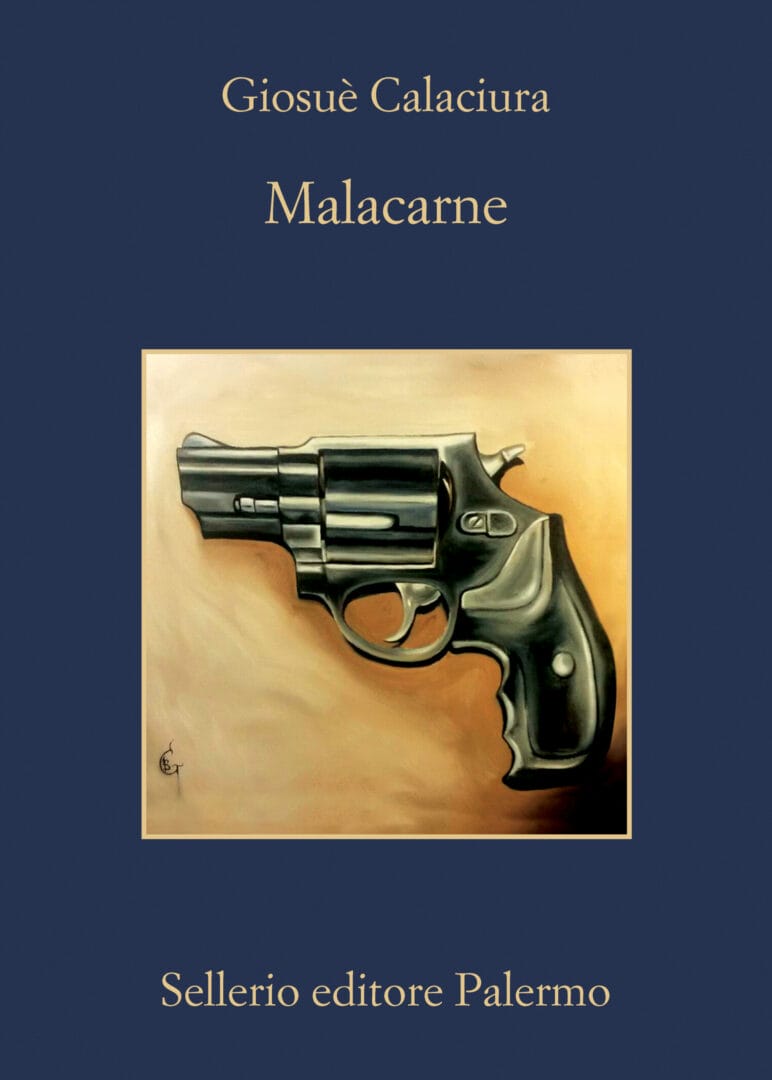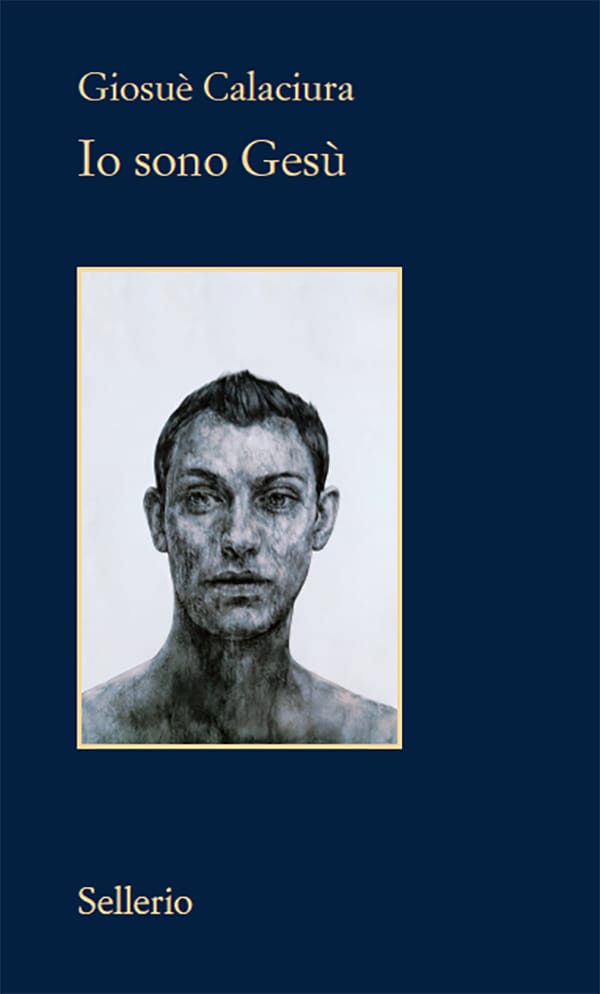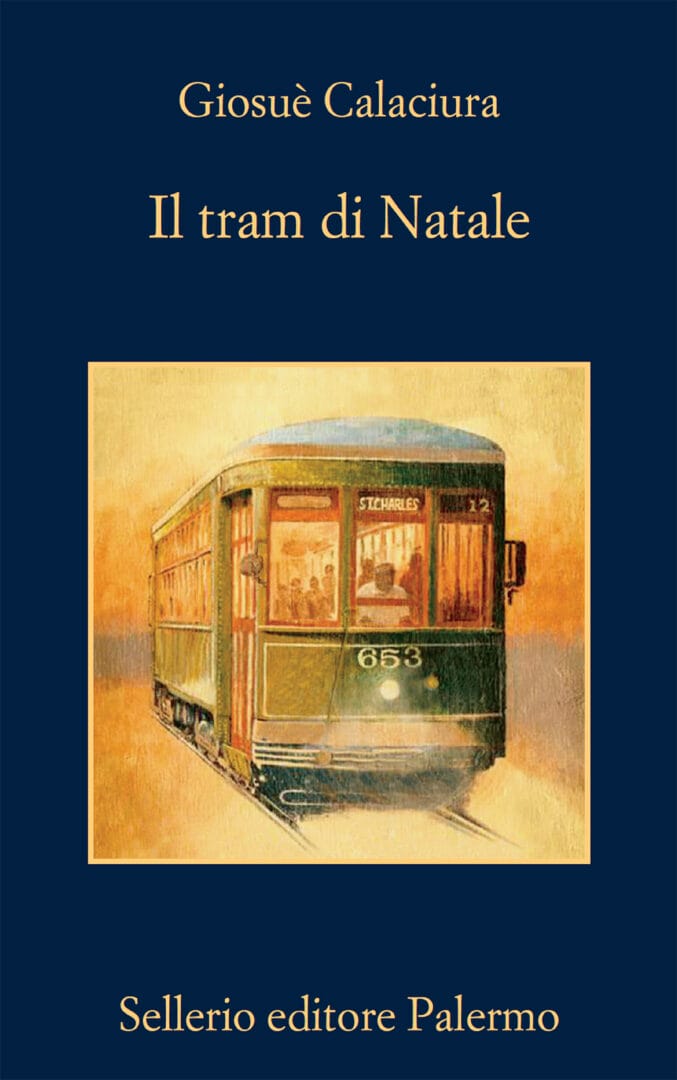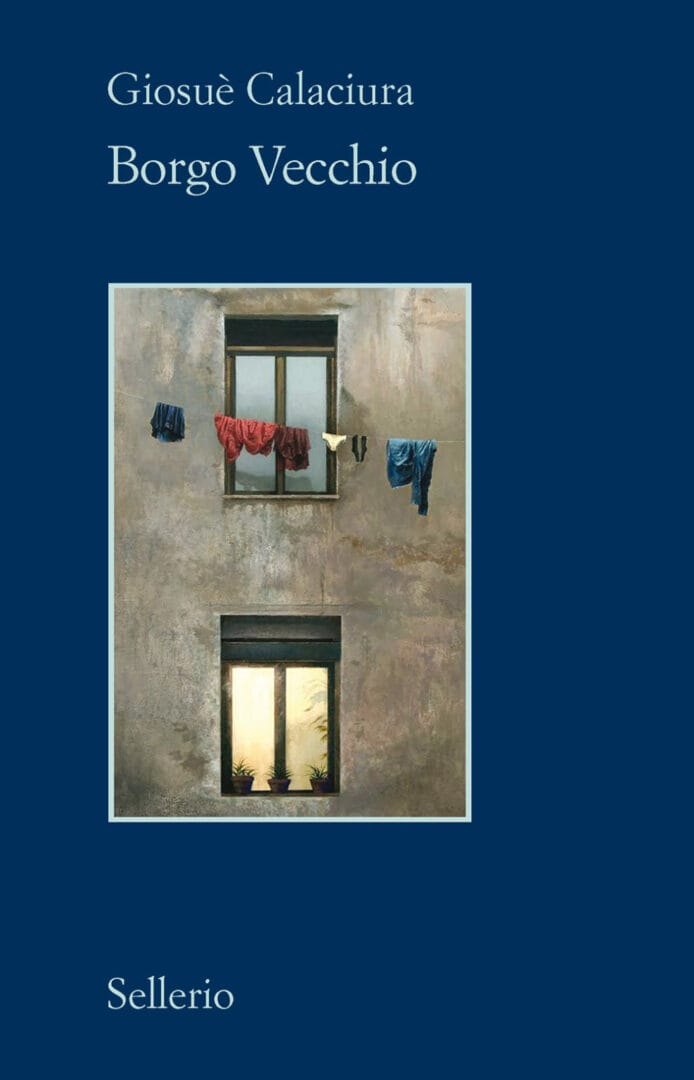A very young wayfarer on a journey full of surprises, passions and betrayals, sweetness and violence. This is Calaciura's Jesus.
Structured almost like a feuilleton or a television series, punctuated with twists and turns, innervated by a constant tension, in his new novel the author reinvents one of the greatest stories ever told.
A restless teenager flees his mother, his daily obligations, his poor and oppressive village, and sets out to find his father. He actually pursues his past, an understanding of the mystery of his birth, the riddles of his childhood, because his mother is silent, perhaps she does not remember, or perhaps she does not want to speak.
Only the father could perform the miracle of restoring his memory.
But the father is no longer there, he has abandoned the family.
That boy's name is Jesus, Mary and Joseph the parents, Nazareth and Galilee the space of his adventures, his need for love, the pain and shyness that always accompany him.
And Calaciura's Jesus is a very young wayfarer on a journey full of surprises, passions and betrayals, sweetness and violence.
Surrounding him are men and women who are children of a land with ruthless laws, fierce Roman rule with its unmatched machinery of war and government, the religious and moral authority of the priests, the arrogance and pomp of the rich, the brutality of those who stand outside society and plunder the weakest, the desperation of those who cannot even find an olive to feed themselves or a well to quench their thirst.
It is a restless time, disrupted by profound changes, the new and the old, the ancient and the modern collide and crumble, no one more than a boy tormented by desire and anxiety about the future is able to sense the subterranean throb of a coming revolution.
Of which, without really meaning to, he will be a protagonist.
Punctuated by twists and turns, innervated by a constant tension, Calaciura's novel embodies the rush of adventure and epic, family intrigue, the paranoia of suspicion, the tension of unsolvable mystery.
Many of his themes can be found there: childhood and the difficulty of growing up, the innocence of the most fragile creatures, the moral misery of adults, the impetuosity of eros.
But here they are radicalized, to the point of contaminating and reinventing one of the greatest stories ever told.
